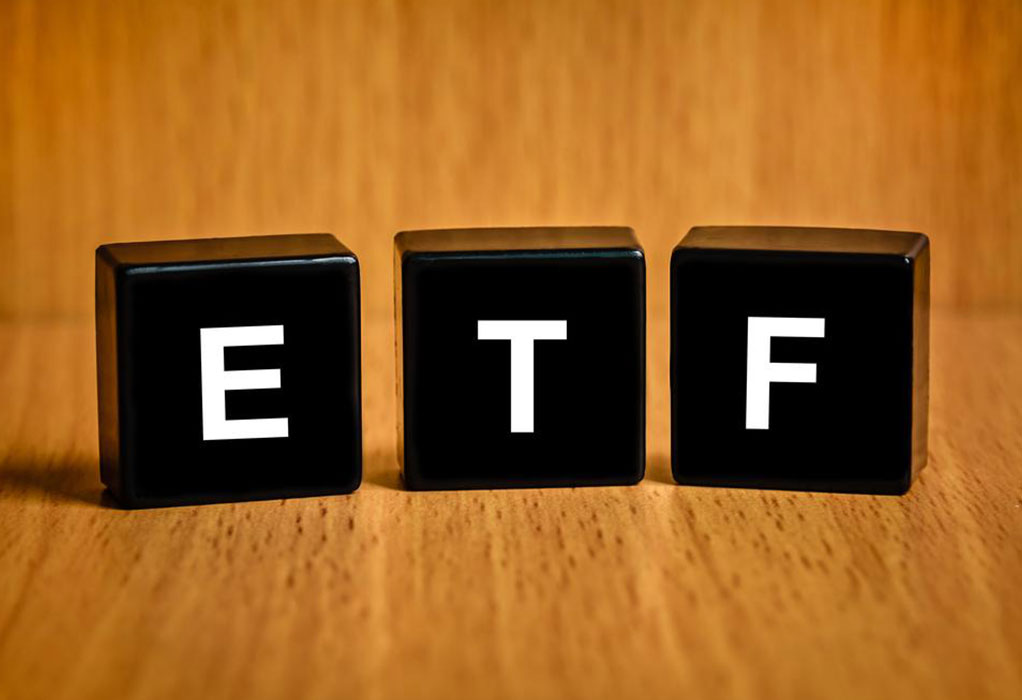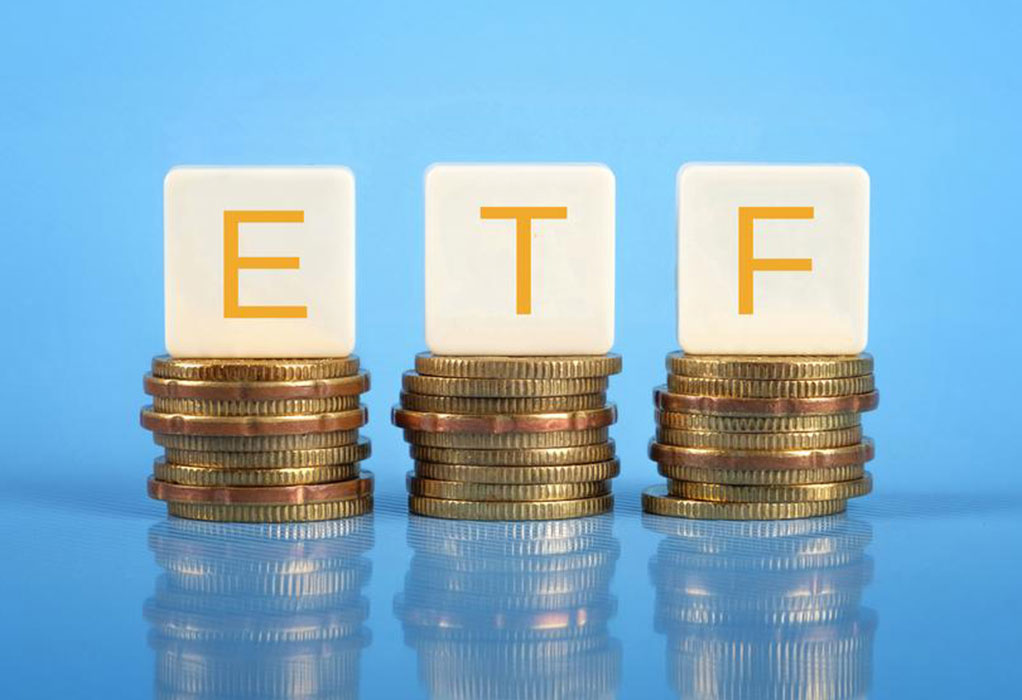The best REIT ETFs to invest in 2017
Real estate investment trusts, or REITs as they are known and denoted, are one of the chief considerations when it comes to constructing any fixed-income or equity portfolio. REITs provide not only lower overall risk but also potentially higher returns as well as greater diversification. Basically, REITs have the ability to generate high dividend income as well as guarantee capital appreciation. These make REITs an exceptional offset to cash, bonds, and stocks.
REITs usually own and/or manage a commercial real estate that produces high income, whether it’s the properties on their own or the mortgages on those specific properties.

As everyone knows, leverage is the key to investing in real estate. However, real estate investment trust (REIT) ETFs aren’t like that. Herein, investors invest in and buy shares, and they reap dividend distributions and a total return that is based only on the amount that they invested. Lower risk being the tradeoff for this, a REIT ETF invests in multiple and numerous real estate firms all at once, much unlike a person investing in and betting on just one property. What’s more, since investors don’t have to borrow funds to pay for the real estate, there exists no debt that they need to pay back. This article lists the ETFs that are the best REITS for 2017. These ETFs are based on AUMs (assets under management) as of July 2017.
- Vanguard REIT ETF (VNQ)
The primary goal and objective of the Vanguard REIT ETF is high revenue, so it is one of the best REITs for 2017 to invest in for high cash flows. So, while investors may observe growth in their investment value, that is only secondary. This fund tracks an index (weighted) that measures how REITs perform. The particular stocks of the REITs are a part of the MSCI US REIT Index. The ETF’s holdings are weighted in such a manner that is similar to the index’s weightings. The net assets held by this REIT ETF are to the tune of $63.32 billion. The REIT ETF has an average volume of 4,206,246, with a net expense ratio of 0.12%, a PE ratio of 7.48, a yield of 4.43% and a yield-to-date return of 2.55%. - iShares U.S. Real Estate ETF (IYR)
Investors in the iShares US Real Estate ETF look forward to getting the same results as those in the Dow Jones US Real Estate Index. The IYR fund attempts to keep 90% of its assets in securities that are in the index and invests mostly in REITs. The firms that are represented by those safeties may be small-cap, mid-cap or large-cap. However, the underlying index largely decides the percentage/share of the assets invested in any particular size of the firm. Also, money managers are permitted to change the combination and values of the securities holdings to reflect more closely the performance of the benchmark. The net assets held by this REIT ETF are to the tune of $4.78 billion. This REIT ETF has an average volume of 6,903,919, with a net expense ratio of 0.44%, a PE ratio of 6.81, a yield of 4.06% and a yield-to-date return of 5.61%. These are one of the best REITS for 2017. - iShares Cohen and Steers REIT ETF (ICF)
The iShares Cohen and Steers REIT ETF look to mirror the results of the Cohen & Steers Realty Majors Index. The REITs are part of the Cohen and Steers Realty Majors Index, and the iShares REIT ETF invests at least 90% of its assets in these particular REITs or in depositary receipts that represent these REITs. The iShares Cohen & Steers fund looks for firms that may acquire other firms or be acquired by other firms as part of the consolidation of the real estate industry. The net assets held by this REIT ETF are to the tune of $3.25 billion. This REIT ETF has an average volume of 214,214, with a net expense ratio of 0.35%, a PE ratio of 12.87, a yield of 3.85% and a yield-to-date return of 3.07%. These are one of the best REITS for 2017. - Schwab U.S. REIT ETF (SCHH)
The Schwab US REIT ETF invests in real estate investment trusts that are part of the Dow Jones US Select REIT Index. However, the REIT may also invest in assets that are not part of the Dow Jones US Select REIT index. The Schwab US REIT ETF allocates weights to the REITs that are part of the index that is alike to the index weightings. The net assets held by this REIT ETF are to the tune of $3.29 billion. This REIT ETF has an average volume of 517,073, with a net expense ratio of 0.07%, a yield of 2.64% and a yield-to-date return of -1.19%. These are one of the best REITS for 2017.
The bottom line is that investors needn’t raise large amounts of money to get into real estate. These ETFs that are the best REITs for 2017 offer investors the chance to participate and invest in the real estate sector without having to think about property marketing, rent collections, down payments or debt.




